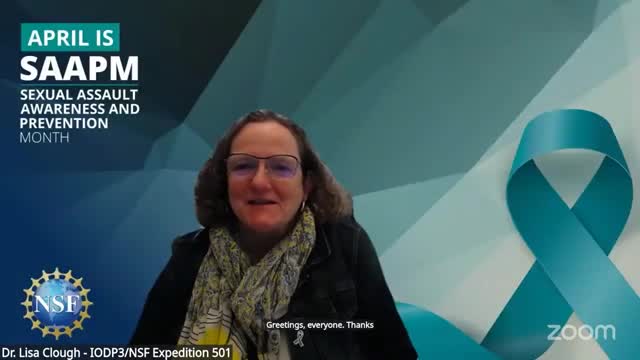Article not found
This article is no longer available. But don't worry—we've gathered other articles that discuss the same topic.
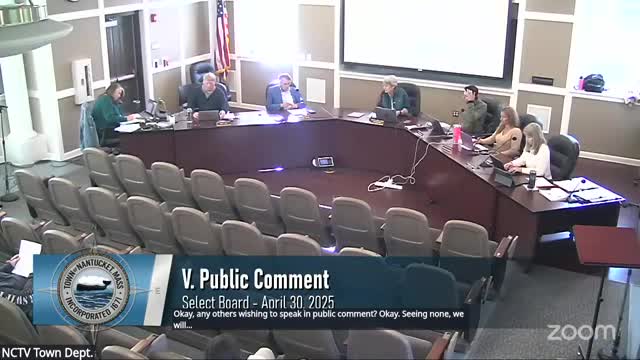
Votes at a glance: Select Board actions on contracts, licenses and warrants
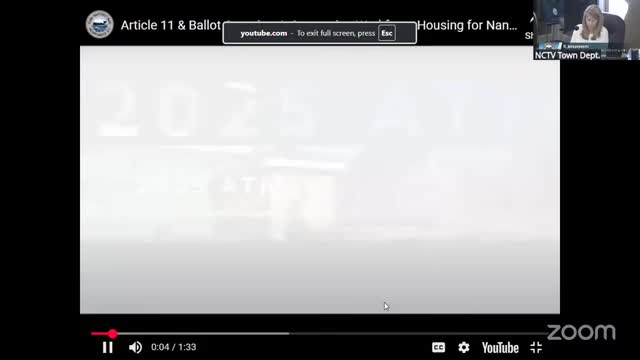
Select Board highlights Article 11 workforce housing and Article 14 Tom Nevers bike path ahead of Town Meeting
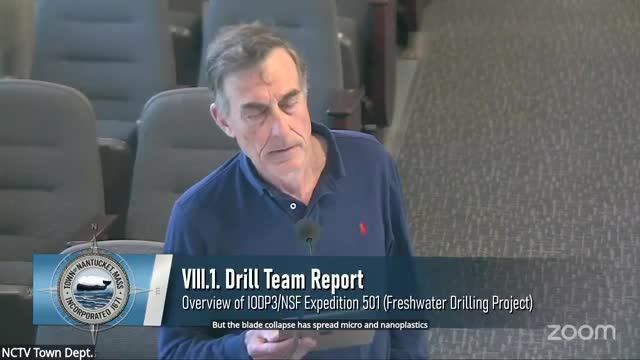
Select Board hears spring update on islandwide road, drainage and utility projects
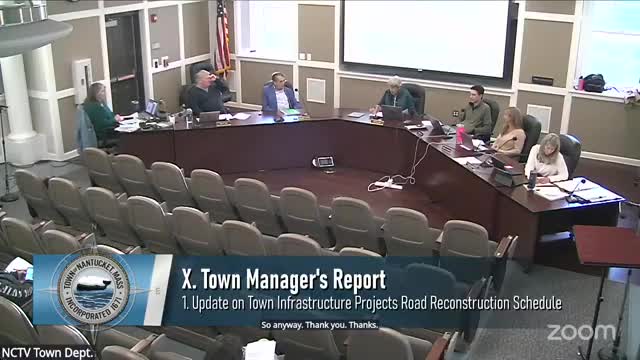
Select Board authorizes execution of Waste Options purchase and new waste‑services agreement
